"The DKW aims to provide advanced students with practical instruction on exam-relevant topics in collective labor law. To this end, fully formulated practice cases are available, accompanied by review and introductory videos covering the central themes of collective labor law. In addition, the course features thematically relevant interviews with practitioners. The project is rounded off by interactive self-study formats (H5P) designed to verify and deepen knowledge."

Read More
diAM:INT (Digital application tasks for mathematics in computer science, natural sciences and technology)
This unsupervised course offers digital math problems for computer science, science and engineering in higher education. It covers basic topics in linear algebra and calculus, divided into computational and comprehension tasks (STACK) and programming tasks in Python (Jupyter notebooks).
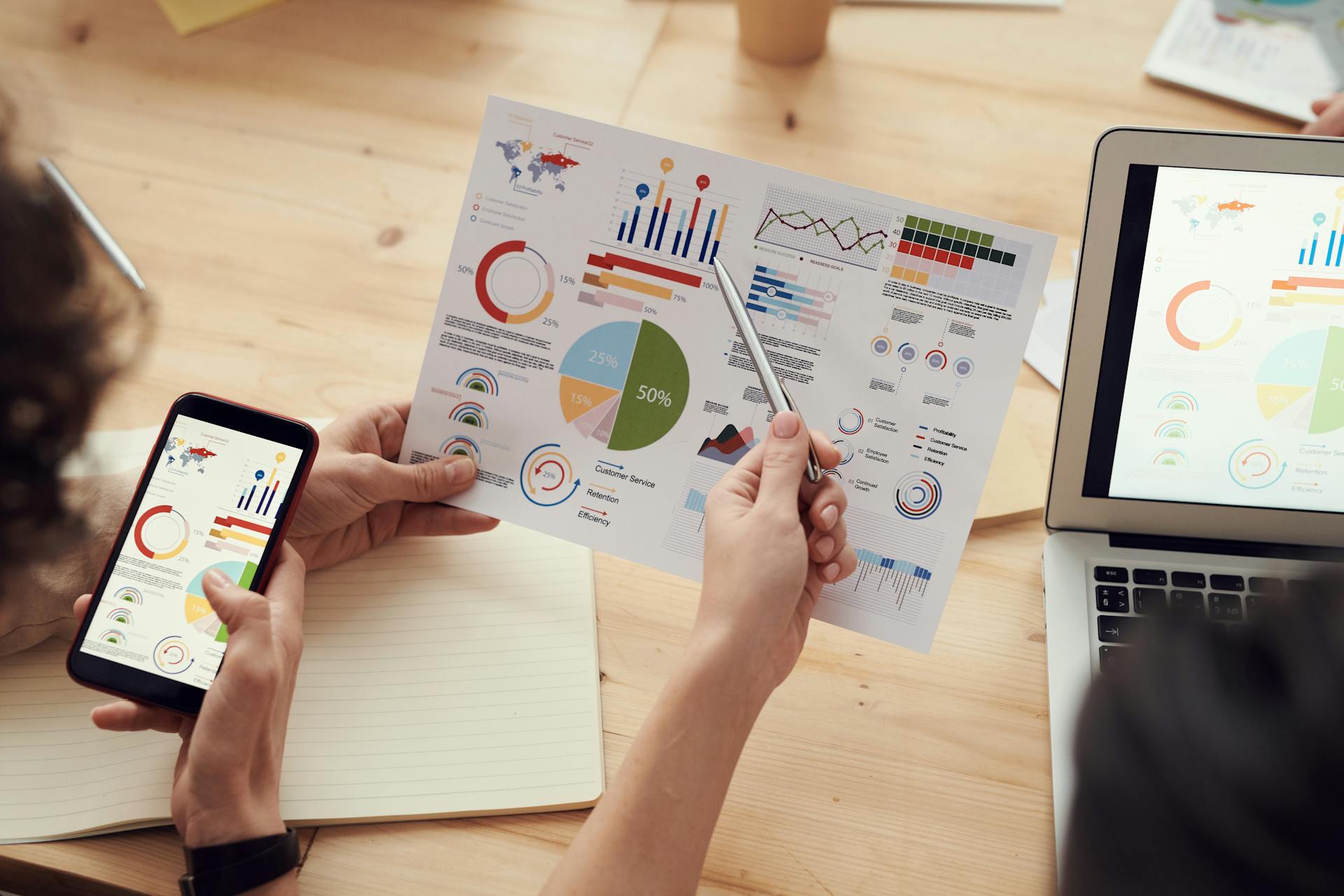
Read More
DigStat - Digital learning units in statistics
The DigStat course contains digital learning units on topics that are central components of all basic statistics courses. The target group includes students of mathematics and statistics as well as students of engineering, economics, pharmacy and medicine.
The learning units consist of structured lessons with digital tasks.
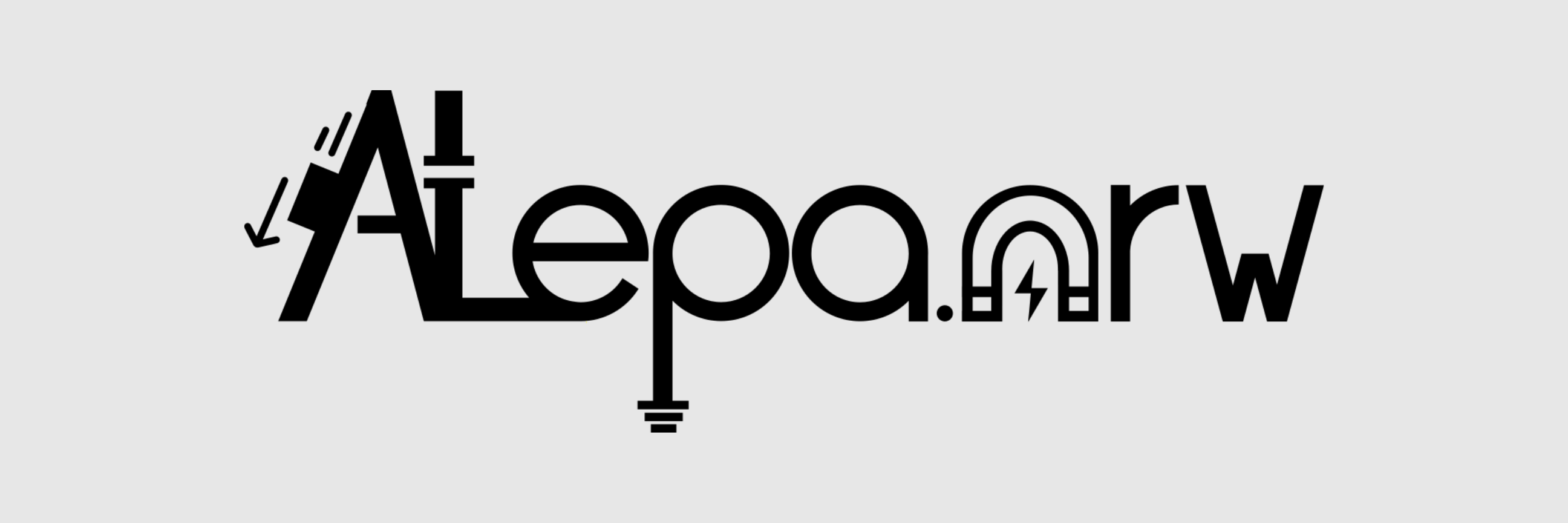
Read More
Adaptable learning sequence for basic physical and technical training (ALepa)
In this Moodle course you will find interdisciplinary usable learning sequences for the physical-technical basic education in the study programs physics, electrical engineering and related study programs as OER material, which were developed in the project ALepa.nrw.
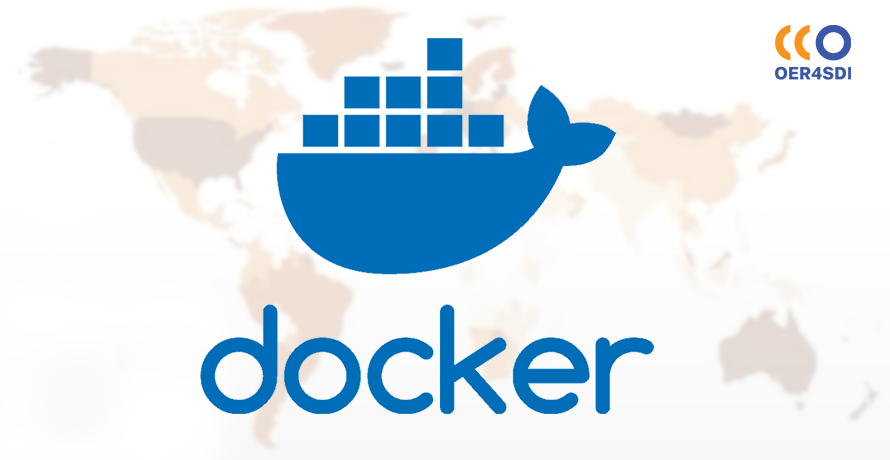
Read More
Introduction to Docker for geodata processing
The course explains the use of Docker to deploy and scale applications in geographic information systems (GIS). Docker enables the creation of isolated environments, called containers, that run independently of the operating system. These containers make it easier to develop, deploy and experiment with GIS tools and data. It will be shown how to use Docker to create a unified software environment for web services and analysis platforms such as Jupyter Notebook to perform spatial analyses efficiently and without extensive software installations. Docker thus ensures a consistent and flexible working environment in the GIS sector.
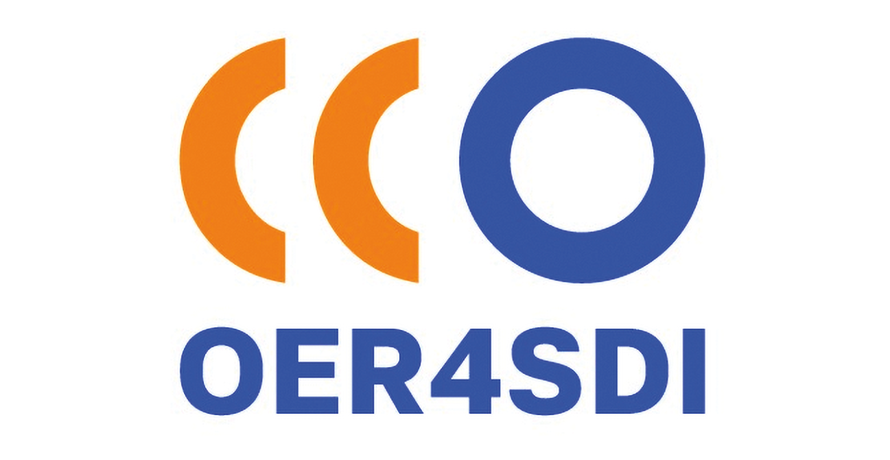
Read More
Lessons on Spatial Data Infrastructure
The OER4SDI project aims to develop and publish a collection of CC-licensed teaching materials. These materials are intended for students in study programs such as geoinformatics, geodesy and geomatics. They cover the architecture, implementation and use of spatial data infrastructures, including their conceptual, technical and legal foundations as well as approaches to development and governance at different levels.

Read More
Language 4.0 - Digital skills for China
The "Modern Chinese V" language course at Ruhr-Universität Bochum was redesigned in terms of content and didactics as part of the "Language 4.0 - Digital Skills for China (2022-2023)" project, funded by the "Curriculum 4.0.nrw" funding line of the Digital University NRW.
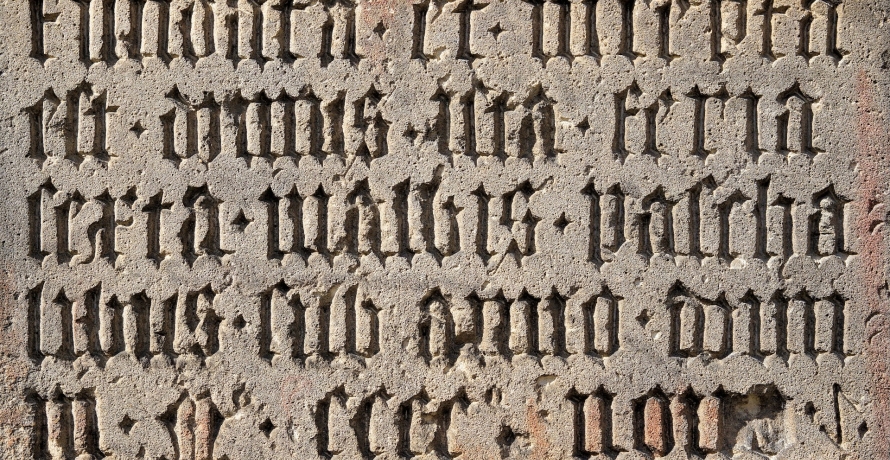
Read More
Preliminary Course - Latin for Students of Humanities
This online course is the result of the presence lecture of the same name offered by the Summer University at the RUB before the start of the semester. If you missed the preliminary course for whatever reason or just want to repeat the subject matter, then you've come to the right place.

Read More
digiLL_NRW: Creation of Tutorial Videos
In this module you will see an example of the creation of a video. You will get to know different software, can consider didactic questions and get suggestions on how to use videos in your lessons.
- Duration: The module takes about 60 minutes to complete.
- If you want to learn more about the digiLL_NRW joint project, please click >> here.
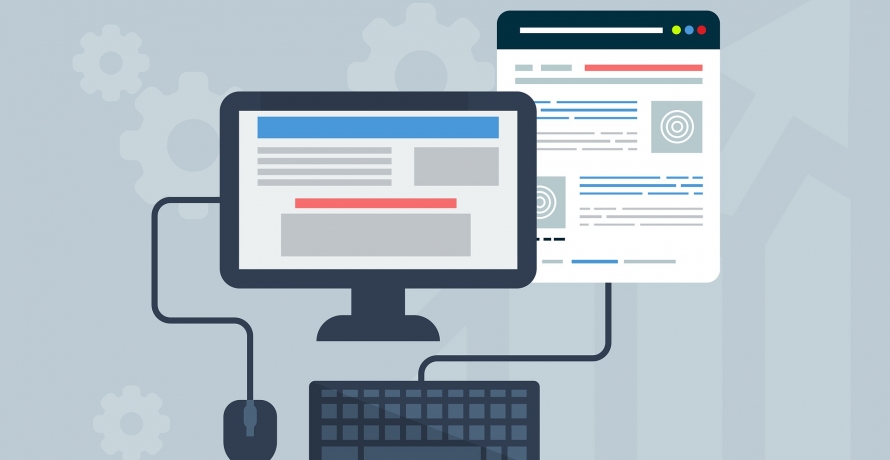
Read More
digiLL_NRW: Designing teaching and learning processes with digital media
In this module you will learn how different media can be distinguished from each other, what this means for their applications in teaching and learning processes, and which functions they can take on.
This is part of the joint project Digital Teaching and Learning in Teacher Education (digiLL_NRW).




